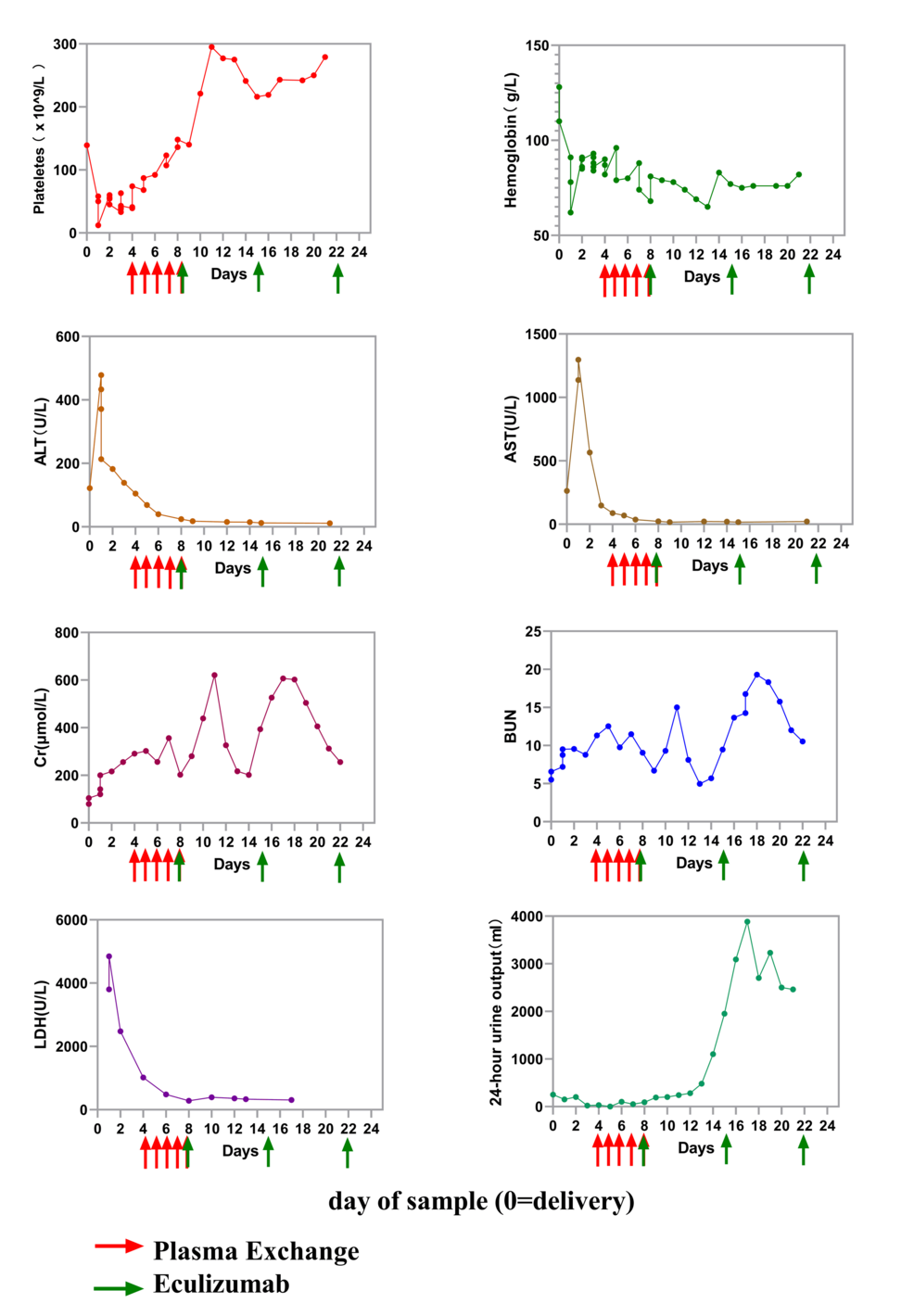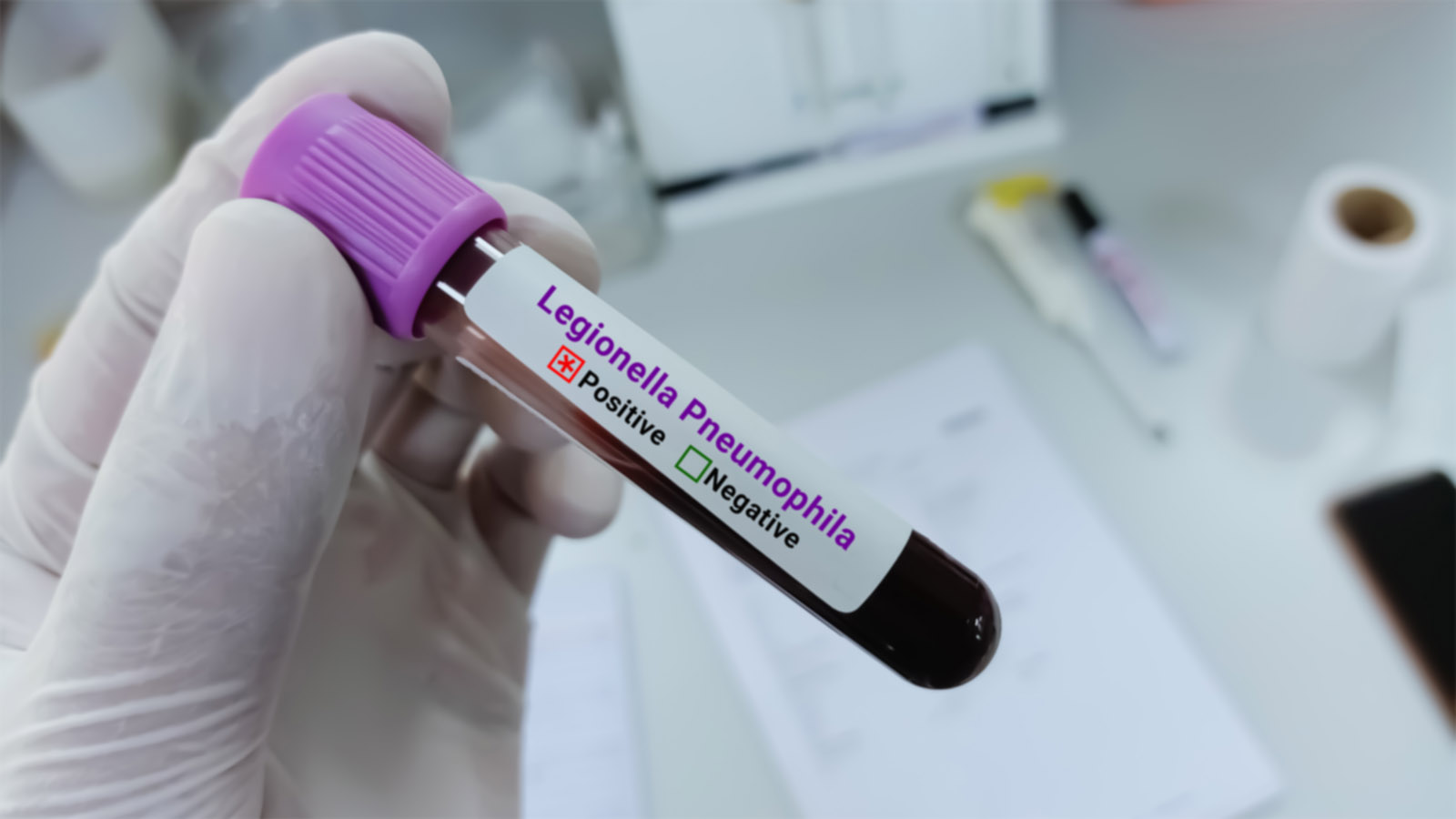Dr. Brian Hoeflinger Highlights Foods for Optimal Brain Health

In a compelling social media post on March 23, US-based neurosurgeon Dr. Brian Hoeflinger emphasized the critical importance of brain health for overall quality of life. According to Dr. Hoeflinger, the foods we consume play a vital role in maintaining and enhancing our brain function. In the informative video shared on his Instagram account, he provided viewers with practical advice on how to keep their brains healthy through dietary choices.
Dr. Hoeflinger urged the public to consider incorporating several brain-boosting foods into their everyday diets, which can significantly impact cognitive health and overall well-being. Among the food items listed were fatty fish, particularly varieties like salmon and tuna, which are rich in omega-3 fatty acids known to support brain function and cognitive abilities. He also highlighted the importance of consuming a variety of green vegetables, such as kale, spinach, and broccoli, all of which are dense in vitamins, minerals, and antioxidants that can help fend off age-related cognitive decline.
In his video, he stated, “Brain health is super important and is pretty easy to achieve by knowing this: it starts with food.” He elaborated on other beneficial foods, including berries like strawberries, raspberries, and blueberries; nuts and seeds, notably almonds, walnuts, flaxseeds, and chia seeds; as well as nourishing items like eggs and avocados.
Dr. Hoeflinger also mentioned the beneficial effects of dark chocolate, which is rich in flavonoids that have been associated with improved blood circulation and enhanced cognitive function. He encouraged viewers to consider integrating healthy oils into their diets and pointed out the advantages of drinking green tea. According to him, green tea contains antioxidants and L-theanine, which can aid in improving focus while reducing stress levels.
“Green tea is healthy for your brain, and lastly, a little bit of dark chocolate can be very beneficial for your brain,” he noted emphatically. Despite focusing on dietary components essential for brain health, Dr. Hoeflinger was quick to mention that nutrition is just one aspect of maintaining cognitive well-being. He hinted at the existence of numerous other strategies one could adopt to support brain function.
It is important to note that this article serves informational purposes only and is not a replacement for professional medical advice. Individuals are always encouraged to consult with their healthcare provider regarding any medical conditions or dietary changes.



























